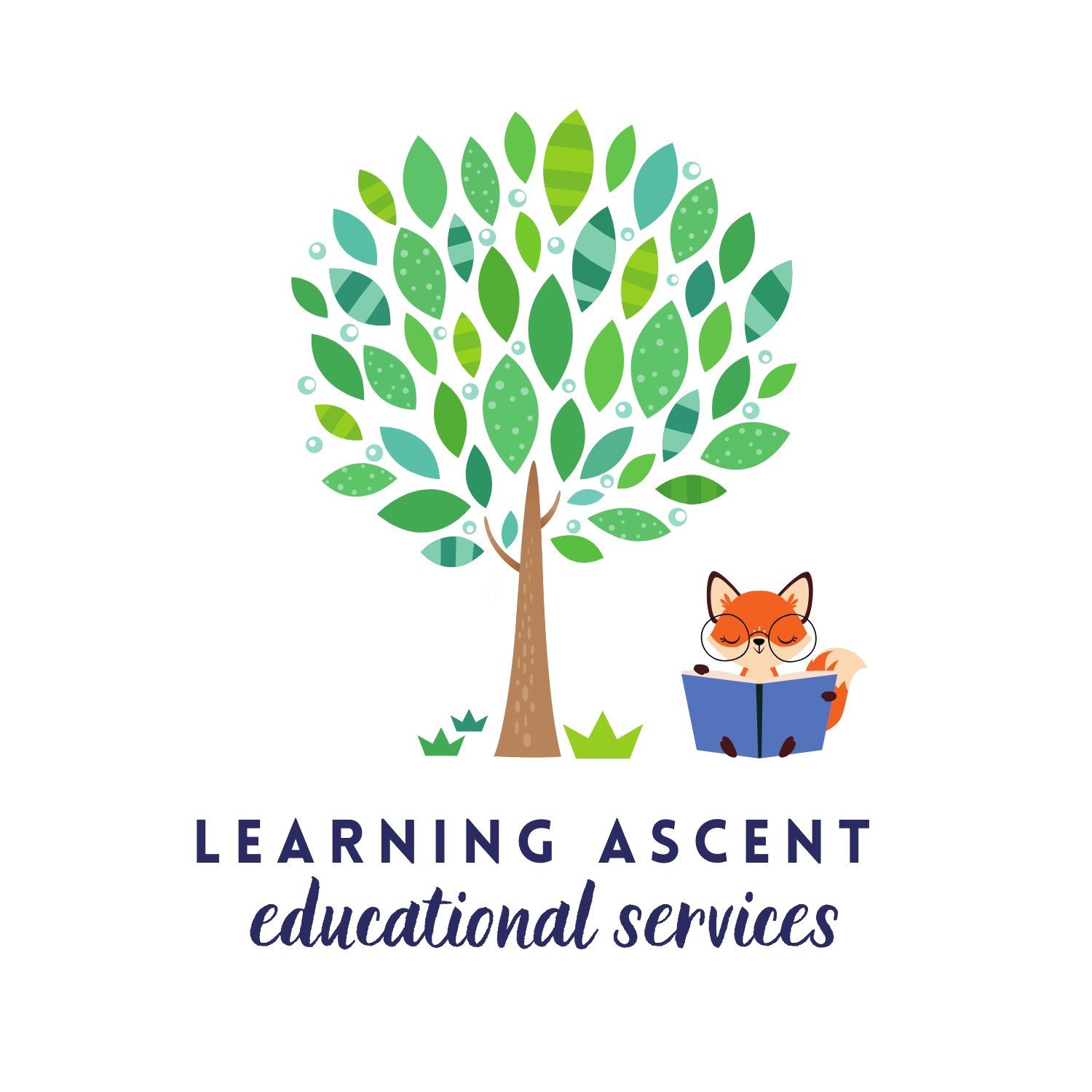
Procrastination! Everyone dreads the word. Even Spongebob had an episode about it. You’re probably reading this because you’re avoiding something else, aren’t you? What is it about that thing you need to do that’s just impossible? What’s stopping you?
Most of us struggle with procrastination. According to author Nir Eyal, discomfort leads to the urge for distractions. In his book, Indistractable, Eyal explores what motivates our struggle in getting things done. He then explains what we can do to become, well, indistractable!
“The only way to handle distraction is by learning to handle discomfort.”‐ Nir Eyal
“Surf the Urge” for Procrastination
Believe it or not, our urges pass like waves. If we wait them out, they crest and then collapse. Urges are not like the need to eat or drink, where your condition will worsen unless corrected. Urges last about as long as a discomfort does, and then they pass.
“If I find myself wanting to check my phone as a pacification device when I can’t think of anything better to do, I tell myself, ‘It’s fine to give in, but not right now. I have to wait just 10 minutes.’ This technique is effective at helping me deal with all sorts of potential distractions…” – Nir Eyal
What are some urges you have that you can push off for ten more minutes? Try surfing the urge with one thing you choose today. How much it helps may surprise you.
Make Promises
Surfing an urge is easier said than done, so Eyal suggests also establishing pacts as a fail-safe.
“The antidote to impulsiveness is forethought.” – Nir Eyal
There are three main types of pacts: effort, price, and identity pacts.
Effort pacts involve putting more effort into satisfying your urge than it’s worth. An example of this would be leaving your phone downstairs while you’re supposed to be writing.
Price pacts are gonna cost’ya. If you cave to an urge, then you have to charge yourself money. The desire to stay on a budget and spend wisely should be enough to encourage you to stay the course.
Stick to Your Identity
Identity pacts are somewhat in line with Donald Miller’s Storybrand. You decide to adopt an identity that does not align with acting on your urges. For example, “I don’t eat chocolate whenever I’m sad. I am the hero of my story, and that hero faces her emotions head-on.”
An interesting note on language: “I can’t” is not at all as strong as “I don’t.” The Journal of Consumer Research posted a study. People spoke one of those two phrases in relation to food. At the end of the study, they had the choice of either a granola bar or a chocolate bar. Almost twice as many people who said, “I don’t,” chose the healthier option.
What do you think could change in your life if you took responsibility? Even by changing a few words?
Discomfort is human and unavoidable. Procrastination is avoidable. How proactively we react to that feeling is under our control. So, your child asks for ten more minutes on their phone or game console. You can ask them for ten more minutes of work. It will change their life.
If you want to know more, check out Nir Eyal’s Indistractable. And watch Productivity Game‘s summary on YouTube.






